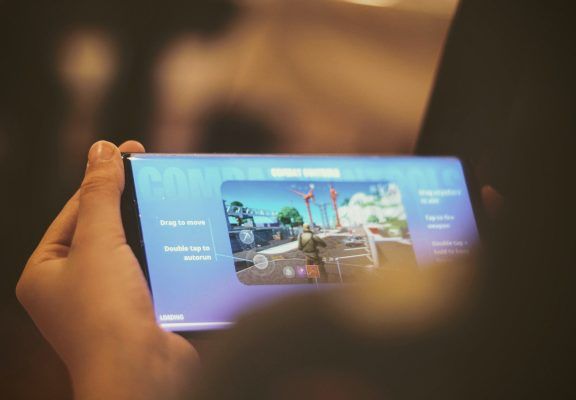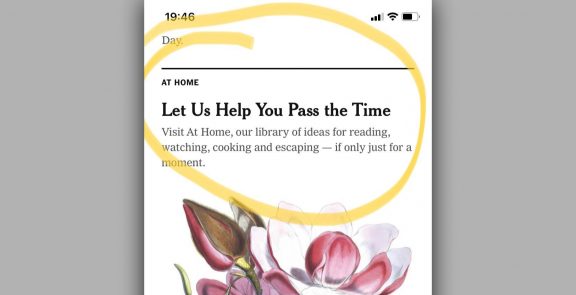

Are video games the new discotheques?
IN A NUTSHELL:
The world of gaming, whose presence is increasingly widespread among younger audiences (mainly, but not exclusively), has led to a new generation of online video games designed to cater for our new socialisation needs.
THE GREAT STRATEGIC TAKEOUT:
Once again, the “mainstreaming” of a niche product has led to a profound transformation, in this case affecting social relations and how we connect emotionally. It opens up new opportunities for companies and brands beyond competition sponsorship or product placement.
Why should I read this?
To understand the new generations, it is necessary to understand how they relate to each other and what they expect from brands in this regard.
What are we talking about?
The expansion and standardisation of the videogame world has undergone a radical transformation in recent years: digitalisation and the development of communication technologies have brought great changes at the channel level. We have thus witnessed the emergence of DTC models produced by the large gaming platforms (Nintendo, PlayStation), which have begun to compete directly with the traditional sales channel. This has had far-reaching effects on consumption patterns. On the one hand, traditional (physical) formats are losing ground; on the other hand, purchasing habits are being redefined. And the relationship between users and videogames is changing, for example, the user’s experience of a single video game is multiplied by seasonal variations, expansion packs, special events, new content, etc.
However, the most visible effect of this phenomenon is related to the appearance and subsequent expansion of the multi-player online video game. This category is not unknown to the wider audience. There have been multi-player online games since the internet became available: Counter-Strike, Devil and World of Warcraft are among the best known. Taking a look at the narrative content and form of discourse, we can get an idea of the type of audience they were aimed at (more specialised and predominantly masculine).
What has happened with the multi-player online video game in recent years is different: we are seeing a new generation of titles that do not only target traditional (specialist/geek) audiences. In contrast to Counter-Strike we have Fortnite, a video game that aims to use the codes of the category to become part of the social fabric and to address a much wider potential audience. We can see this in the online concerts offered by J Balvin and Travis Scott, which both achieved millions of visits. Travis Scott’s registered 27.7 million unique players. But it doesn’t stop there: Fortnite creates unique events at regular intervals, such as working with Marvel to promote Avengers: Endgame, which included a unique play mode.
But, thanks to multi-player online videogames, the need for socialisation in the world of gaming goes further. Apart from obvious options (such as FIFA), in recent years we have seen titles designed for a large majority that are having a significant impact, especially on the way we form relationships or how we have fun. This is the case of Fall Guys, which, from its value proposition to its visual imagery, has proved able to attract a broad non-specialised audience. And, above all, Among Us, a viral success for the Z generation, whose simplicity and retro style provide an almost perfect substitute for discotheques in a time of pandemic.
Links:
Ibai y Auron, los mejores impostores de Among Us
Jugando Fortnite x Avengers Endgame, TheGrefg
WHY YOU SHOULD BE INTERESTED:
Because to connect with new audiences, it is key to understand how they relate to each other.
What tension does it resolve?
The possibility of using video games widely for socialisation and entertainment.
From a strategic perspective:
We need to understand what our target audience is like to identify the best way to approach them and “be part” of their universe.
Who might be interested?
Brands experiencing difficulty connecting with the Z generation (because of issues intrinsic to the category or the brand’s specific DNA).
Categories in which socialisation has special weight in deep needs.
Where do I implement it?
In the generation of content, in RTM, in the development of events, etc.
How do I implement it?
Understanding the medium and the specific characteristics of the gaming world: language, visual codes, etc.
How innovative is it?
It is innovative insofar as new titles aspire to a broader, more central role in our socialisation.
Key concepts:
Young people, generation Z, socialisation
I WANT IT FOR MY COMPANY/BRAND. WHAT DO I NEED TO KNOW?
Who is using it already?
Many sectors and industries, such as entertainment.
Things to keep in mind:
Although the ways we relate to each other change, the essence of socialisation is always the same.
How do I get a clearer idea?
- By enjoying the demos of these video games.
- By following gameplays or known gamer channels on YouTube or Twitch.
How do I share it with my network?
“To succeed, we must understand how young generations relate to each other and socialise, and act accordingly without giving a value judgment.”



